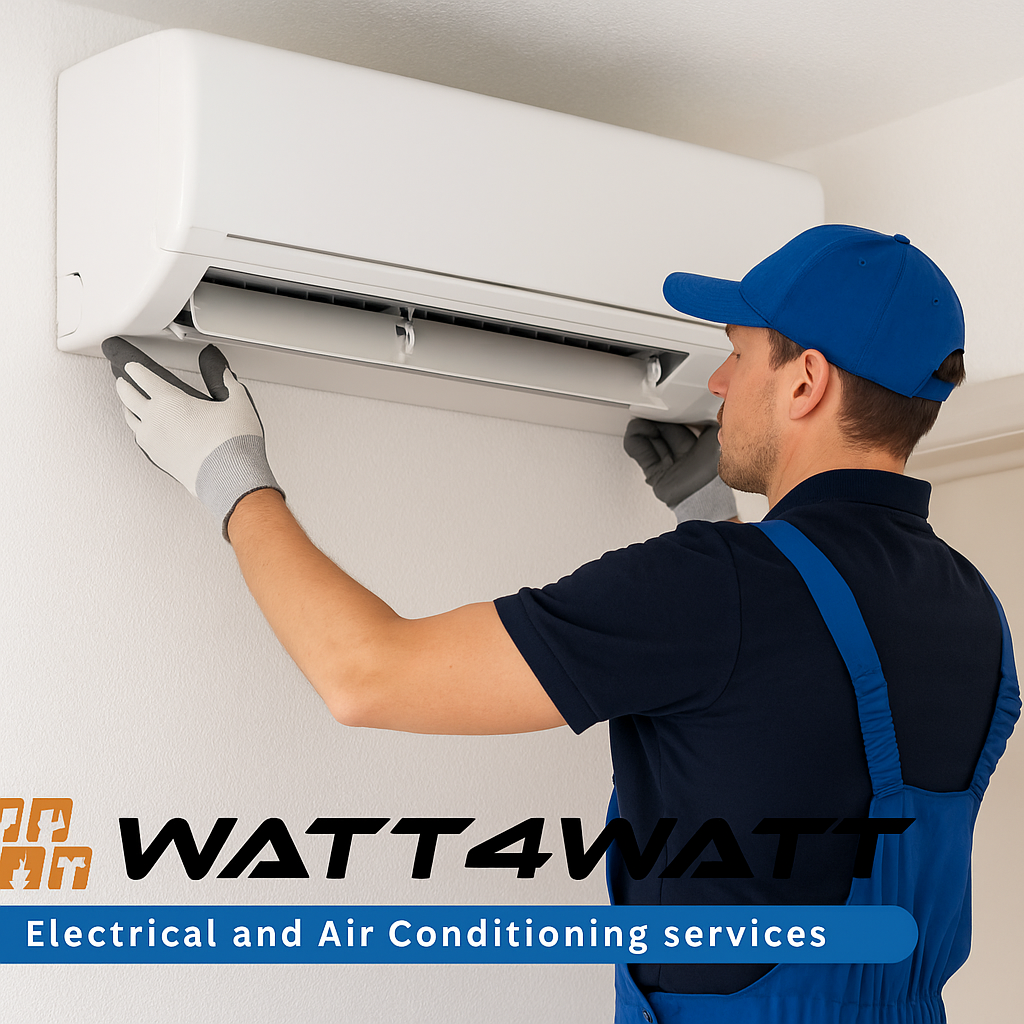
As the weather gets warmer, many homeowners begin to consider installing or upgrading their air conditioning systems to keep their homes comfortable. However, choosing the right air conditioner is more than just picking a unit off the shelf. It involves understanding your home’s size, your lifestyle needs, and energy efficiency to ensure comfort while keeping energy bills in check.
Here’s a comprehensive guide to help you choose the best air conditioner for your home.
Why the Right Air Conditioner Matters
Selecting the correct air conditioning unit impacts:
✅ Comfort and even cooling throughout your home.
✅ Energy consumption and electricity bills.
✅ The lifespan of your system, reducing the need for frequent repairs.
✅ Environmental impact by reducing energy waste.
Investing in the right system ensures your home remains cool during hot months without unnecessary expenses.
1️⃣ Determine the Size of Your Space
Air conditioners are available in different capacities, measured in kilowatts (kW). An underpowered unit will struggle to cool your home effectively, while an overpowered system may waste energy and increase costs.
To estimate the right size, consider:
✅ The size and layout of the room or home.
✅ Ceiling height.
✅ The number of windows and their orientation.
✅ Insulation quality.
As a general guide:
- A small bedroom (10-20 m²) may need a 2.5 kW unit.
- A medium living area (20-40 m²) may need a 5-6 kW unit.
- A large open-plan space (40-60 m²) may require a 7-8 kW unit.
Having a professional assess your space ensures accurate sizing for optimal performance.
2️⃣ Types of Air Conditioning Systems
Split System Air Conditioners
These are popular for individual rooms or small areas. They consist of an indoor unit and an outdoor compressor, providing efficient cooling and heating options.
Pros:
✅ Cost-effective for single rooms.
✅ Energy-efficient models available.
✅ Easy to maintain.
Ducted Air Conditioning
Ideal for whole-house cooling, ducted systems use a central unit connected to vents throughout your home.
Pros:
✅ Even temperature control across the home.
✅ Aesthetically pleasing with minimal visible units.
✅ Can be zoned to cool specific areas.
Portable Air Conditioners
These units are mobile and can be moved from room to room, suitable for renters or temporary cooling needs.
Pros:
✅ No installation required.
✅ Affordable upfront cost.
Cons:
❌ Less energy-efficient.
❌ Can be noisy.
3️⃣ Energy Efficiency and Running Costs
Air conditioning contributes significantly to household energy consumption. Choosing an energy-efficient model helps you save on electricity bills while reducing your environmental footprint.
✅ Look for units with a high star rating under the Australian Energy Rating Label.
✅ Inverter technology is more efficient as it adjusts the compressor speed based on the room’s temperature rather than turning on and off.
✅ Regular maintenance, such as cleaning filters and servicing, can keep your unit running efficiently.
4️⃣ Features to Consider
Modern air conditioners come with features that enhance comfort and efficiency:
✅ Reverse Cycle: Provides both cooling and heating, ideal for year-round use.
✅ Smart Controls: Wi-Fi-enabled units allow you to control the temperature remotely.
✅ Air Purification: Filters that remove dust and allergens from the air.
✅ Sleep Mode: Automatically adjusts temperature for comfort while you sleep.
Choosing a unit with the features that match your lifestyle ensures convenience and comfort.
5️⃣ Installation and Maintenance
Professional installation is crucial for the air conditioner’s performance and longevity. A qualified installer will ensure the unit is positioned correctly for efficient airflow and minimal noise.
Once installed, regular maintenance is necessary to keep the unit in top condition:
✅ Clean or replace filters regularly.
✅ Check for leaks in the system.
✅ Schedule professional servicing annually.
6️⃣ Budget Considerations
While it may be tempting to choose the cheapest option, considering long-term operating costs is important. An energy-efficient model may cost more initially but will save money on energy bills over time.
It is also worth considering warranty and after-sales support when making your purchase decision.
Choosing the Right Air Conditioner for Your Climate
Australia’s diverse climate means your cooling needs may differ depending on your location. Homes in tropical regions may require higher capacity systems, while those in temperate climates may prioritise reverse-cycle units for year-round comfort.
Choosing the right air conditioner for your home is an investment in your comfort, energy efficiency, and long-term savings. By understanding your space, the types of systems available, energy efficiency ratings, and installation requirements, you can select the perfect unit to keep your home cool and comfortable during the hottest months.
If you’re considering installing a new air conditioner or upgrading your current system, consulting a qualified professional can help ensure you make the best choice for your home and lifestyle.
